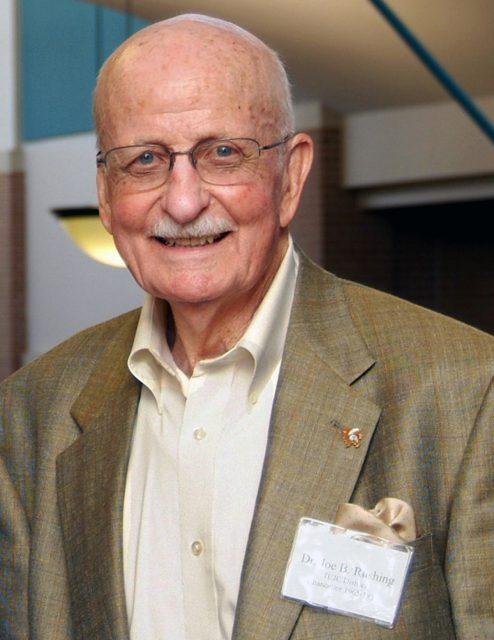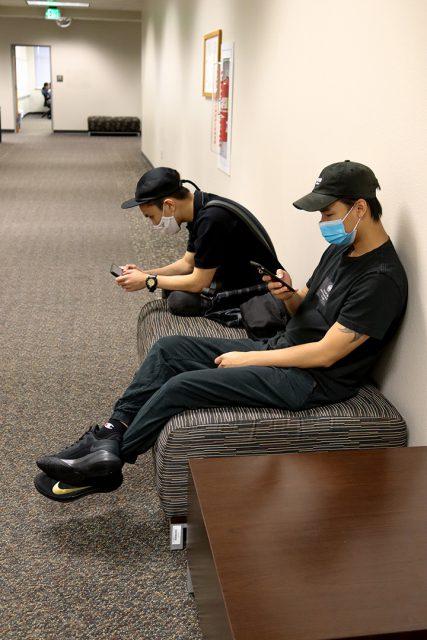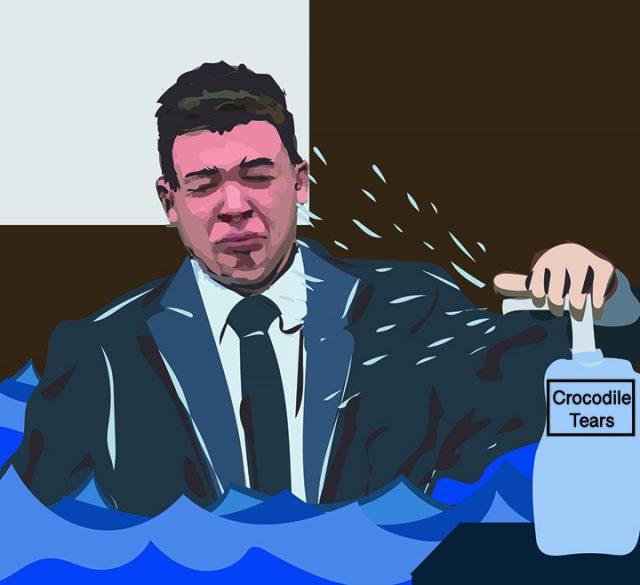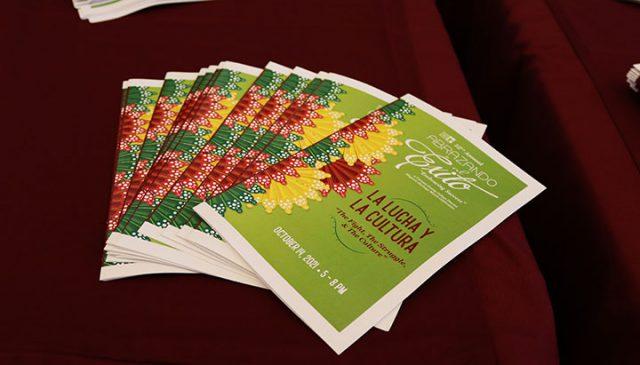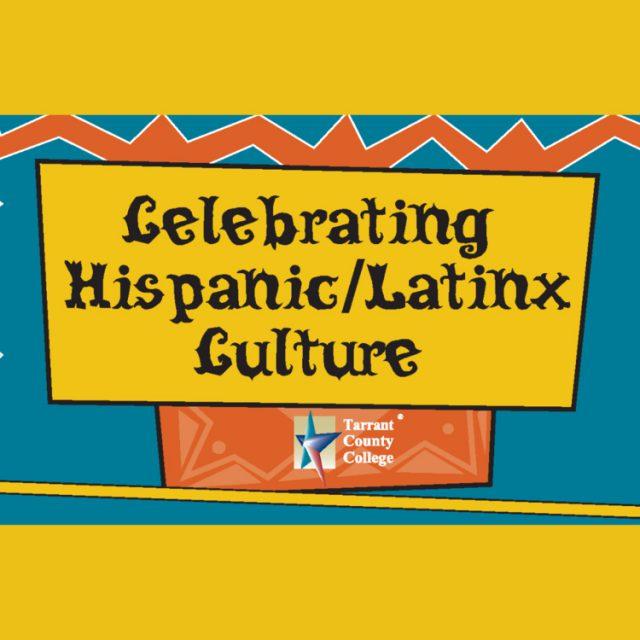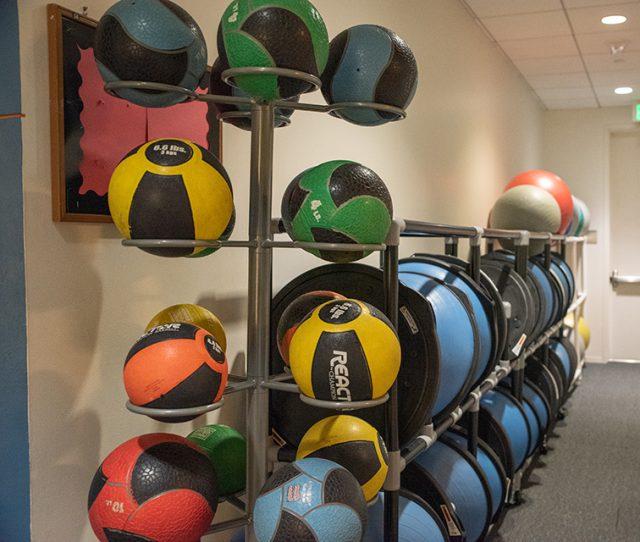Brian Baran
reporter
Some view anti-cheating software as needed for online learning to prevent cheating and improve remote learning environments, but others view it as an unnecessary invasion of privacy forced upon them without any say.
Over the last few years, colleges have seen an uptick in the usage of anti-cheating software, such as Proctorio and Respondus Lockdown Browser. The sudden shift to online as a result of the pandemic spurred both the implementation of these programs and also discussion about them among the public.
For many students, it was also last year they were exposed to these types of software.
“I was both surprised and not surprised,” SE student Grace Lindsay said about using these types of software. “Surprised, because yeah, it’s an online class and you don’t really expect a teacher to look at you and say, ‘Download this because I want to make sure you’re not cheating.’ But not surprised because, again, it’s an online course, and you know, you could easily be taking a test and then whip out your phone — taking a test on your computer and then whip out your phone in the other hand without them realizing it and you can easily cheat right then and there.”
Other students were not as understanding in their first reaction, such as SE student Saayla Conwell.
“First of all, just the thought of these classes asking for you to download this type of software is an invasion of privacy,” Conwell said. “What gives you the right to watch and see what we’re looking up online on our own devices? To me, that’s disgusting, vile and a lack of right to watch and use what we please.”
According to the “About” page on Proctorio’s website, the company states its goal is to expand quality education by providing high-integrity learning environments. While it may not be the most popular among students, some professors and staff see its usefulness.
“This type of software simply enables students to take exams and tests remotely rather than being about cheating, per se,” NE radio/TV/film instructor Brandt Sleeper said. “This is because I believe while people are basically honest, they may, given the right set of circumstances, fall off the wagon. This tool makes it easier to remain honest in a remote situation. It is a safeguard, or perhaps a guardrail.”
Still, some students, like Lindsay, find its usage a privacy hazard.
“It doesn’t matter if you’ve used it for years. Someone can easily hack it, take it over and boom, you’ve got yourselves a virus,” Lindsay said. “And then if a student comes and points the finger at the school, the school’s going to go ‘No, that wasn’t us.’ But it’s your app that your teachers have forced us to download.”
This is not limited to students either. Sleeper draws the line at some of these software practices and said he would be open to alternative methods if his students came to him about it.
“I do not use camera monitoring systems,” Sleeper said. “There have been issues with that platform. I also do not feel comfortable putting a camera in their personal space. The Lockdown Browser feature simply keeps them from opening or running other programs simultaneously. It is a deterrent rather than a punitive measure. I’m most open to students simply being honest. Then it would not be a point of discussion.”
Students have alternate methods in mind as well. Conwell said one way to prevent cheating is to ensure that students have the resources to prepare to take a test.
“You can chat with tutors online who understand the material you’re struggling with,” Conwell said. “Quizlet or any study card, practice test websites help you so much, especially if you just can’t understand what your professor is trying to teach or explain.”
Lindsay, on the other hand, said to prevent cheating, students and professors may just have to bite the bullet and come up to campus like the old days.
“I get it, nobody wants to drive up to TCC, especially in the middle of the pandemic going on right now, you know?” Lindsay said. “But that seems like the only logical solution. On top of that, we’re already paying for the courses so it wouldn’t really matter.”
She acknowledged that students cheating both in-person and online is inevitable, and no matter what programs are used, it’ll happen eventually.
“Because no matter what, you’re always going to have that one student that figures out how to cheat the system,” she said. “Whether it be an online system or a physical schooling system, you’re going to — they’re always going to figure it out.

























![Volunteers have begun preparing free tax returns on South and SE campuses.
TCC has partnered with the United Way of Tarrant County, the IRS and Catholic Charities of Fort Worth to provide the service through the Volunteer Income Tax Assistance program. Generally, households with less than $50,000 in adjusted gross income are eligible for the free tax preparation, and refunds are filed electronically.
“It is a wonderful, wonderful opportunity for students,” said SE accounting assistant professor Karen Haun, who helps students gain certification through the IRS. “Not only are we helping others, but we are helping ourselves.”
SE student volunteer Anthony Abbott plans to become a certified public accountant. He said the VITA program has a “mutually reciprocal” reward.
“It gives the student additional study in tax accounting and an opportunity to use their skills in a real-world situation,” he said. “I am really looking forward to getting to volunteer over there and help people out.”
Abbott said many people buy computer software to do their taxes.
“The software has the potential of missing something that a person who has taken the class might see,” he said. “The software asks general questions. The person asks specific [ones].”
Robert Staley, who plans to become a forensic accountant, was a volunteer in the VITA program last year. Although daunting, Staley said certification is not that difficult. Plus, he enjoyed being a volunteer.
“It felt great to know that in one fell swoop, I was able to support my community by helping low-income families, gain valuable experience in the tax field, network with like-minded individuals and bolster my résumé,” he said.
Tax preparation may seem boring to some, but it is highly relevant to one’s personal life and can be very satisfying, Staley said.
“There is such a great feeling when you see the excitement over the return you were able to qualify the person for,” he said. “And when you see how it correlates to your own taxes and those of your parents, it will be completely worthwhile.”
Last year, SE functioned as a mobile site where volunteers could assist in tax preparation one or two days a week, said SE VITA site manager Alan Martin. This year, it functions as a permanent site.
Language translation is available if the specific language is requested when one calls to make an appointment, Martin said. Appointments can be made by dialing 2-1-1. Volunteers can also assist with the Earned Income Tax Credit.
“That is money that is not being claimed that belongs to the taxpayers,” he said.
Martin has distributed fliers in the community and wants TCC students, faculty and staff to participate as well.
“We are hoping this year to have 300 people to take advantage of our services,” he said.
Haun said 20 SE students have completed their training and are certified for the VITA program while several more are in the process. Last year, SE was the only VITA site in the DFW region that was 100 percent error-free, she said.
David Reid/The Collegian](https://collegian.tccd.edu/wp-content/uploads/2012/09/DSC0567.png)
